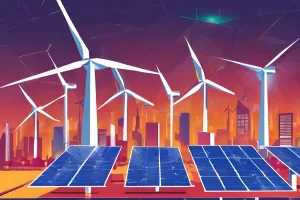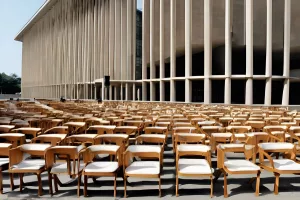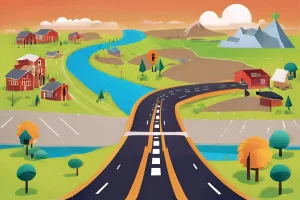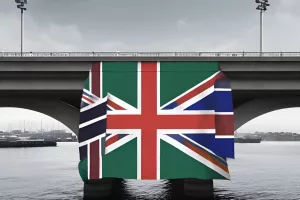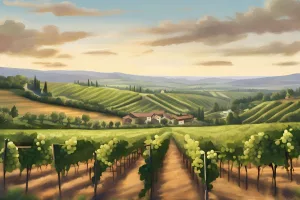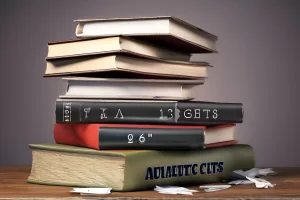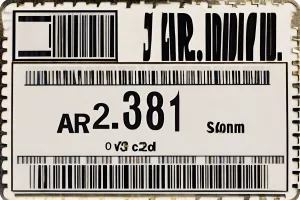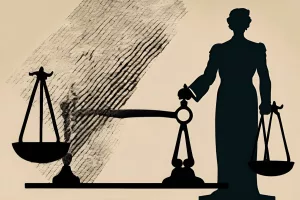Starlink is changing how sea rescues happen in South Africa by providing fast and reliable internet through satellites. This technology helps the National Sea Rescue Institute (NSRI) save lives by improving communication during rescue missions, especially in remote areas where it’s hard to connect. It’s not just about rescues; Starlink also promises to boost local economies by improving access to education and other important services. With this new connection, South Africa is on its way to a brighter, safer future for everyone.
South Africa is dreaming big for its energy future, aiming for more reliable power, economic growth, and new jobs. At a lively seminar in Johannesburg, Deputy Minister Samantha GrahamMaré shared this exciting vision, emphasizing teamwork and the use of various energy sources like gas. With over 7GW of renewable energy already in place and more on the way, the country is ready to break free from power outages and create a brighter, greener tomorrow. This journey is a collective effort, filled with hope and determination to make South Africa a leader in renewable energy.
In 2024, South Africa’s social support system is facing tough challenges. Long lines at SASSA offices show the struggle many people face to get help, made worse by limited money for grants and a gap in access to online services, especially for the elderly. While some regions like the Western Cape are trying new ideas to improve service, like using digital tools and engaging citizens, many still rely on traditional methods. This situation reflects a bigger story of the country working hard to support its most vulnerable people, aiming for a brighter future where everyone can thrive.
South Africa is shining bright with its new National AstroTourism Strategy, aiming to attract visitors to its stunning night skies. Launched in the charming village of Carnarvon, this plan combines science and culture, enhancing local economies while celebrating the rich stories of the Khoisan people. With clear skies perfect for stargazing, the country hopes to showcase its incredible astronomical sites like the Square Kilometre Array, inviting both curious tourists and science lovers. By building new facilities and involving local communities, South Africa is paving a starry path to growth and discovery, turning its skies into a hub of wonder for all to enjoy.
Deputy President Paul Mashatile is leading the charge to improve South Africa’s infrastructure, focusing on better roads, energy, and communication systems. By encouraging private investment and overcoming red tape, he aims to boost the economy and enhance the lives of everyday people. Mashatile believes that strong infrastructure is key to growth and job creation, helping to connect communities and support local businesses. With ambitious plans ahead, he invites stakeholders to work together for a brighter, more sustainable future for all South Africans.
The SASSA Child Support Grant is a vital program in South Africa that gives R530 every month to caregivers of children under 18. This support helps families take care of their little ones, making sure they have what they need. New mothers are urged to apply right away to avoid delays, as it can take up to three months to process applications. With the right documents, like a birth certificate and ID, they can secure this important help. Overall, the grant is a promise that the country cares for its children, paving the way for a brighter future.
In South Africa, the Department of Employment and Labour is making waves by fighting for workers’ rights and fairness in the workplace. They recovered over R10 million for underpaid employees after conducting thousands of inspections, uncovering shocking violations at places like Babel Restaurant and Ocean Basket. This bold action shows the government’s dedication to holding employers accountable and ensuring everyone gets a fair wage. The story of these efforts is not just about money—it’s about the hope for a better future for hardworking individuals across the country.
Deputy President Shipokosa Paulus Mashatile has a bright dream for South Africa’s future with the UK, focusing on stronger trade and investment. He believes that by working together, both countries can create more jobs, fight climate change, and grow their economies. During his visit to London, he spoke passionately about the need for cooperation, emphasizing that stronger ties would benefit everyone. His vision is clear: a united effort can lead to a better life for all, showcasing the power of friendship and collaboration.
South Africa’s Home Affairs @ Home initiative is a bold plan to make public services easier by going digital. Led by Minister Dr. Leon Schreiber, this fiveyear project will let people apply for important documents like IDs and passports from their homes, without needing to visit offices. This change aims to save time, reduce crowds, and improve security using advanced technology like biometrics. By partnering with local banks and retailers, the government hopes to ensure that everyone with internet access can enjoy these modern services, making life simpler for all South Africans and visitors.
Cape Town is not just about its stunning skyline; it’s surrounded by beautiful places waiting to be explored! You can sip fine wine and taste delicious food in Franschhoek, or find peace on the sandy beaches of Paternoster with fresh seafood in hand. Betty’s Bay offers a chance to see adorable penguins and wander through a lush botanical garden, while Elgin Valley is perfect for outdoor fun and picking apples. Finally, if you love winter sports, Ceres turns into a snowy paradise for skiing and snowboarding. Each trip promises a day filled with adventure and unforgettable memories!
South Africa’s banking scene is shaking things up in exciting ways! Old Mutual is gearing up to launch a new bank in 2025, ready to compete with big names like FirstRand and Absa. Meanwhile, HSBC is stepping back to focus on Asia, letting FirstRand take over its local operations. This means more choices and fresh ideas for customers, as banks adapt to the changing landscape. With lots of money and a strong plan behind Old Mutual, the future looks bright and full of possibilities for South African banking!
Embracing Opportunities: Deputy President Paul Mashatile’s Vision at the South Africa-Ireland Business Forum
At the South AfricaIreland Business Forum, Deputy President Paul Mashatile painted a bright picture for the future, focusing on how both countries can work together to boost trade and create jobs. He celebrated the strong ties between South Africa and Ireland, urging leaders to embrace new ideas and build a businessfriendly atmosphere that welcomes investment, especially in renewable energy and technology. Mashatile also highlighted South Africa’s political stability and rich resources, making it a prime destination for investors. He ended with a heartfelt invitation for Irish businesses to explore the many opportunities in South Africa, aiming to strengthen their partnership for a shared, prosperous future.
The Irish Tech Challenge South Africa is an exciting event in Dublin that brings together South African and Irish entrepreneurs. It focuses on helping new businesses that aim to achieve the United Nations’ Sustainable Development Goals. With the presence of Deputy President Mashatile, the event buzzes with energy and hope, celebrating innovation and teamwork. This gathering showcases the bright ideas of young creators and highlights the strong partnership between Ireland and South Africa, paving the way for a better future through technology and collaboration.
South Africa’s education system is facing tough times due to budget cuts, meaning fewer teachers and larger classes. By 2027, many areas will struggle financially, affecting students’ learning and future opportunities. Minister Gwarube warns this could lead to a crisis, where kids won’t get the attention they need to succeed. To turn things around, South Africa must rethink how it invests in education, seeing it as vital for the country’s future. With community help and smart use of technology, there’s hope to improve the situation for the youth.
Home Affairs in South Africa is now open on Saturdays from 8 AM to 1 PM until October 12, 2024, to help students get their IDs for the important National Senior Certificate exams starting on October 21. This means students can get the documents they need without rushing at the last minute. The government is also using technology to make ID applications easier and faster, helping to clear a backlog of requests. This new schedule shows a strong commitment to supporting students and modernizing public services for everyone.
John Hlophe is a controversial figure in South Africa, known for his troubled history as a judge. He tried to sway decisions in favor of former President Jacob Zuma during corruption cases, raising serious questions about fairness in the justice system. Recently, a court barred him from participating in the Judicial Service Commission, which oversees judges, highlighting concerns about his influence on the judiciary. As South Africa navigates its democratic journey, Hlophe’s story serves as a reminder of the importance of integrity and accountability in law. The unfolding drama around him emphasizes that trust in the justice system is crucial for the nation’s future.


